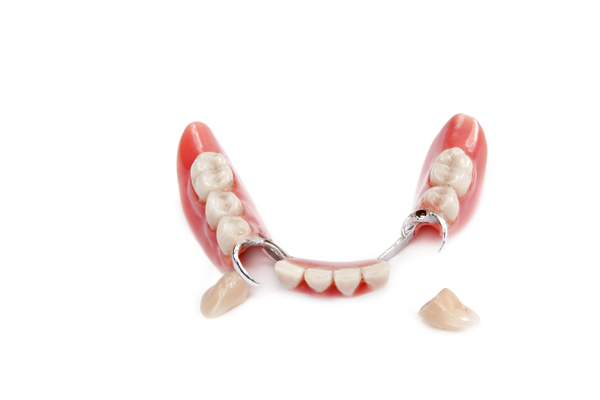4 Answers to Important Questions About Dental Veneers

If your dentist has suggested dental veneers to correct certain cosmetic issues with your smile, it is normal to be curious about the details of the treatment.
Some people are satisfied with their smile regardless of imperfections, while some people are sensitive to minor stains, uneven spaces or chips. People who are displeased with their smile will smile less often because they are embarrassed about what people might see. If you belong to this category, you should know that dental veneers are one of the most popular solutions for correcting dental impairments.
In this article, you will discover answers about some of the common questions patients ask about dental veneers.
Answers to questions about dental veneers
1. What are veneers?
A dental veneer is a thin piece of porcelain material that is bonded to the front side of a tooth. This porcelain has a strength comparable to the natural enamel and can be personalized to fit the contours of the patient’s teeth. Unlike dental crowns, minimal scraping of the tooth is needed to place the veneers. They have a natural appearance and are almost indistinguishable from the natural teeth.
2. Who needs veneers?
Veneers do not cover the entire tooth — only the front side of the teeth that is visible to others. If your front teeth are a little crooked, veneers can make them look straighter. The crooked tooth may be shaved down a little before placing the veneers to get a perfectly straight look.
You could also get veneers if you have a chipped tooth. Since veneers are durable and strong, you would not have to worry about re-chipping the tooth. Minor gaps between the teeth can also be corrected using dental veneers. If years of drinking beverages have discolored your teeth, veneers can be used to mask the stain and give you a whiter smile.
3. How long do veneers last?
Porcelain veneers can last up to 15 years or longer if you take adequate care of them. If properly placed, they do not crack, stain or detach from the tooth, meaning you could have them for decades without needing retreatment.
If a tooth fitted with a veneer suffers decay or cavity, the dentist will need to remove the veneer for treatment. Also, a major blow or trauma to the face can damage the natural teeth, including the veneers, thus requiring a replacement or removal. These are rare cases which you may never have to worry about if you take proper precautions.
4. What is the placement process like?
Placing dental veneers is simple. First, the dentist will numb your mouth using a local anesthetic. Then a minimal part of the enamel will be shaved to give space for the porcelain material. Once the shape and size are right, the dentist will take impressions (3D models) for the dental lab that will create the veneers. When it is ready, you will be ready for the bonding procedure.
In conclusion
The key to getting a great smile with dental veneers lies in the expertise of the cosmetic dentist. Make sure to book an appointment and go over the procedure with a professional dentist.
Request an appointment here: https://www.schommerdental.com or call Schommer Dental at (563) 272-2331 for an appointment in our Davenport office.
Check out what others are saying about our dental services on Yelp: Dental Veneers and Dental Laminates.
Recent Posts
When you have a chipped tooth, a dental veneer is a quick way to repair it. Chipping your tooth can happen at any time. If it happens to you and the chip is big, a trip to the dentist is necessary. Getting a dental veneer can do more than just bring back the structure of…
Visiting a veneers dentist can change the entire appearance of your teeth for the better. If you have any misalignment issues, staining, or cracks, we can help transform your smile with the use of veneers. When you are preparing for a visit to our dentist office, we will go over the guidelines the patient needs…
Dental bonding and dental crowns are two common types of restorative dental procedures. Many general dentists offer both treatment options, and there are pros and cons to each procedure. Understanding when a general dentist may recommend dental bonding or a crown can help you decide which option is more appropriate for you. The best way to…
Dental bonding is a common dental procedure that repairs damaged teeth (chips, cracks, etc.), fills in gaps between teeth and lengthens teeth that are worn down or naturally too short. Understanding the process that dentists use with dental bonding should help you decide if treatment is right for you. Although each dentist will have their own…


